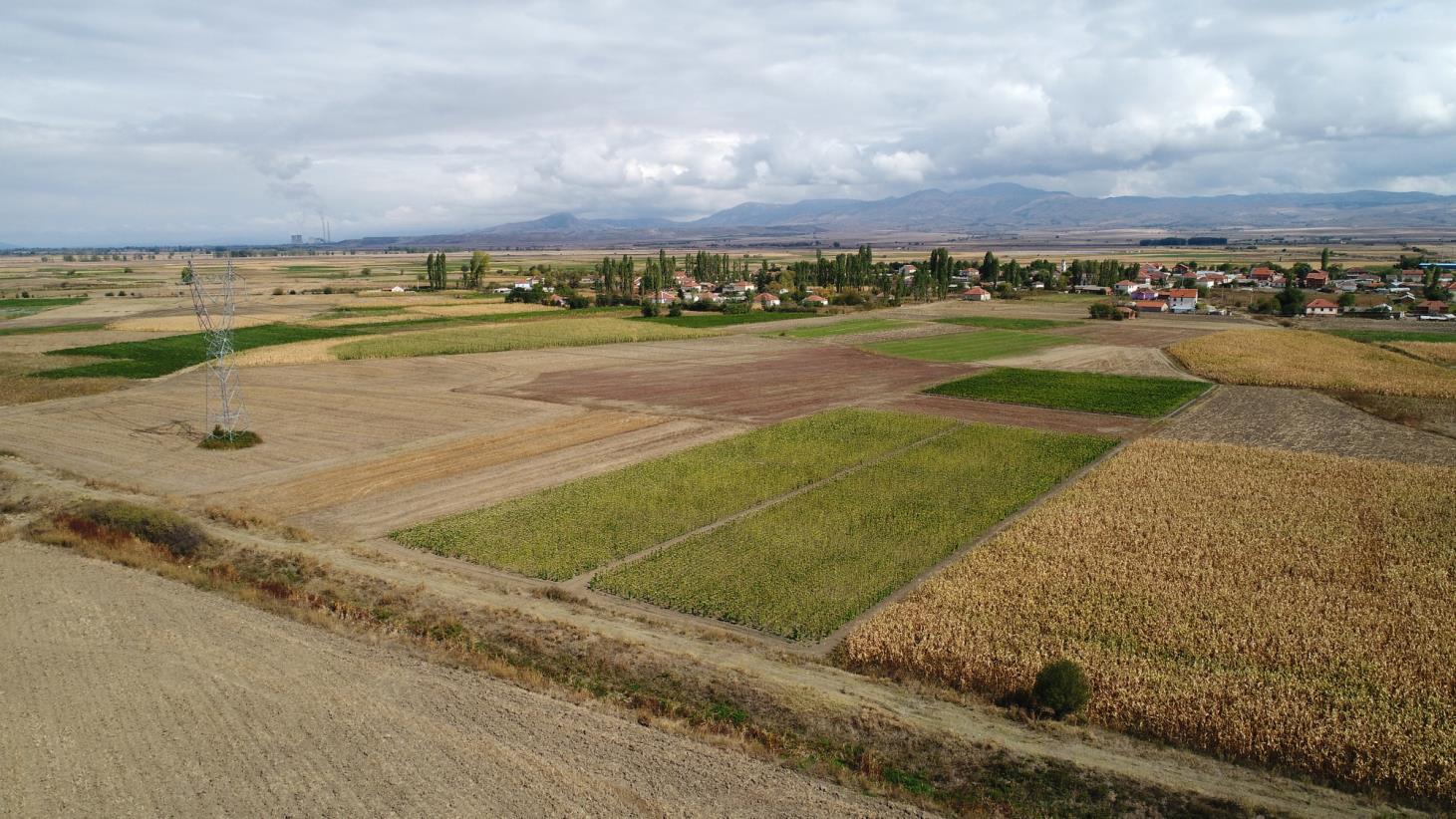Rural communities in North Macedonia to receive boost through new FAO project

The development of rural areas and livelihoods in an integrated way will be the focus of a new FAO project beginning this week in North Macedonia.
The project was launched in an event in Skopje today, organized by FAO and the Macedonian Ministry of Agriculture, Forestry and Water Economy (MAFWE) and bringing together more than 50 representatives of the Ministry, National Extension Agency, farmers’ organizations, civil society, academia, local self-governments, regional development centers, international partners and the media.
The project, which is being carried out as part of FAO’s Regional Initiative on empowering smallholders and family farms for improved rural livelihoods and poverty reduction, is expected to be completed by mid-2021. Overall, it aims to address the key problems of rural people by helping smallholders and family farms improve their livelihoods and gain access to decent work and productive, sustainable employment.
More specifically, the project will help build capacities of ministry staff, staff of regional and local government, extension service providers and other relevant organizations on agriculture and rural development policy and in preparing and implementing community development plans for the two pilot rural communities.
In order to achieve a programmatic approach to rural development in North Macedonia, the project will select two target communities in which the implementation of land consolidation is feasible and already ongoing, as shown by the recently conducted land consolidation feasibility studies in the frame of the ongoing European Union-financed Mainstreaming of the National Land Consolidation Programme (MAINLAND) project, implemented by FAO and the Ministry.
Based on identified needs, in addition to the land consolidation efforts, the project will help boost local community development by helping smallholders apply sustainable production technologies, invest in climate change adaptation measures, diversify their incomes, access funds for tractors or other equipment, improve value chains and access new markets.
“There is a clear need to support the Macedonian rural communities in an integrated approach – bringing together different initiatives to boost rural areas – through such things as support to value chain development, improved organization, intensified and sustainable production, and improvements in agricultural infrastructure,” said Morten Hartvigsen, delivery manager of FAO’s Regional Initiative on smallholders and family farms, in his opening remarks at today’s event.
“The overall challenge is not only to secure agricultural and rural development through increased productivity and competitiveness of small farms,” Hartvigsen said, “but also to ensure that the growth becomes inclusive and results in improved livelihoods for the rural communities, including both women and men and also vulnerable groups in danger of being ‘left behind.’”
In his opening remarks, Trajan Dimkovski – North Macedonia’s Minister of Agriculture, Forestry and Water Economy – noted that agriculture and food production play a vital role in the Macedonian economy, accounting for 16 percent of the gross domestic product and employing more than one-third of the national workforce.
“Yet,” he added, “rural communities are facing several development constraints, including insufficient agricultural infrastructure, excessive land fragmentation, vulnerability to climate change, limited access to finance, few income alternatives to agriculture, ageing rural populations, and gender inequalities.”
Dimkovski stressed that “with appropriate support and a programmatic approach to rural development, the selected pilot communities can be a model for achieving community-driven sustainable growth, ensuring food security and mitigating rural poverty in North Macedonia.”
Smallholder family farms produce food for a substantial proportion of the world’s population. Developing their potential to produce quality goods and services in a sustainable way is key to achieving the global goals of eradicating rural poverty and achieving food security and sustainable growth.
18 September, Skopje, North Macedonia
